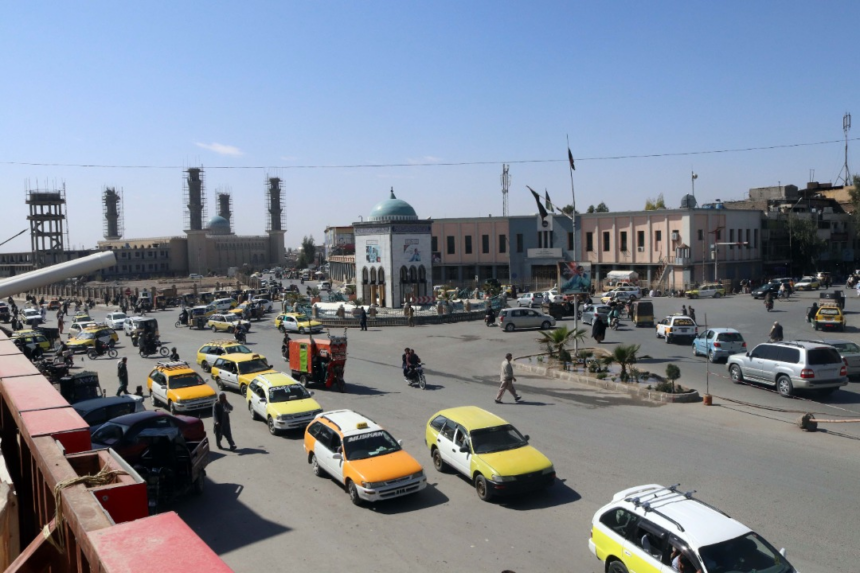RASC News Agency: Local sources in Kandahar province have confirmed that Mawlawi Shah Ghasi, a prominent mosque leader, was shot and killed by unidentified gunmen in the Khakrez district late Thursday evening. The attack took place in the Zeilabad area, where Ghasi, who served as the imam of a local mosque, was fatally targeted as he left evening prayers. Initial findings from provincial security officials suggest that the killing was likely motivated by a longstanding personal feud. According to information obtained by RASC, Mawlawi Shah Ghasi had previously been embroiled in a violent altercation in Zhari district, during which he allegedly killed a man identified as Akhtar Mohammad.
A source familiar with the investigation, speaking on condition of anonymity, indicated that tensions stemming from this earlier incident are believed to have been the principal trigger for Thursday’s assassination.
“The killing of Akhtar Mohammad appears to have set off a chain of retributive violence that ultimately culminated in Mawlawi Shah Ghasi’s death,” the source said. Following the shooting, local security forces launched immediate operations across Khakrez and neighboring districts. As part of these efforts, three suspects were detained in Panjwai district and are currently under interrogation. Authorities have stated that the investigation remains active, with efforts intensifying to track down and apprehend any remaining individuals connected to the crime.
Local officials have acknowledged the challenges posed by the deteriorating security environment in Kandahar, particularly in outlying districts like Khakrez, where tribal tensions, criminal rivalries, and insurgent activities frequently overlap.
“The security situation remains fragile. We are working around the clock to prevent a resurgence of localized violence, but the risks are growing,” one official told RASC on condition of anonymity. The assassination comes amid broader concerns about rising violence in southern Afghanistan, where targeted killings, tribal feuds, and insurgent attacks have become alarmingly frequent since the Taliban’s return to power. Analysts warn that such incidents could trigger a wider destabilization if left unchecked, particularly in rural areas where local governance structures remain weak or absent.
Local community leaders have expressed fears that the killing of Mawlawi Shah Ghasi could ignite further cycles of revenge violence in the already volatile Khakrez district. Some sources have reported an increased presence of armed groups in nearby villages, raising the specter of additional clashes in the coming days. Human rights organizations have also voiced concern over the growing trend of extrajudicial killings across Afghanistan, noting that the collapse of formal judicial institutions has left many disputes to be settled through violent, often deadly, means.
As of this writing, no group has claimed responsibility for the assassination. Security officials, however, have not ruled out the possibility that the attack could be linked to broader political or insurgent agendas, in addition to personal enmity. Authorities have pledged to continue their investigation and to bolster security measures in the region in an effort to prevent further bloodshed.






